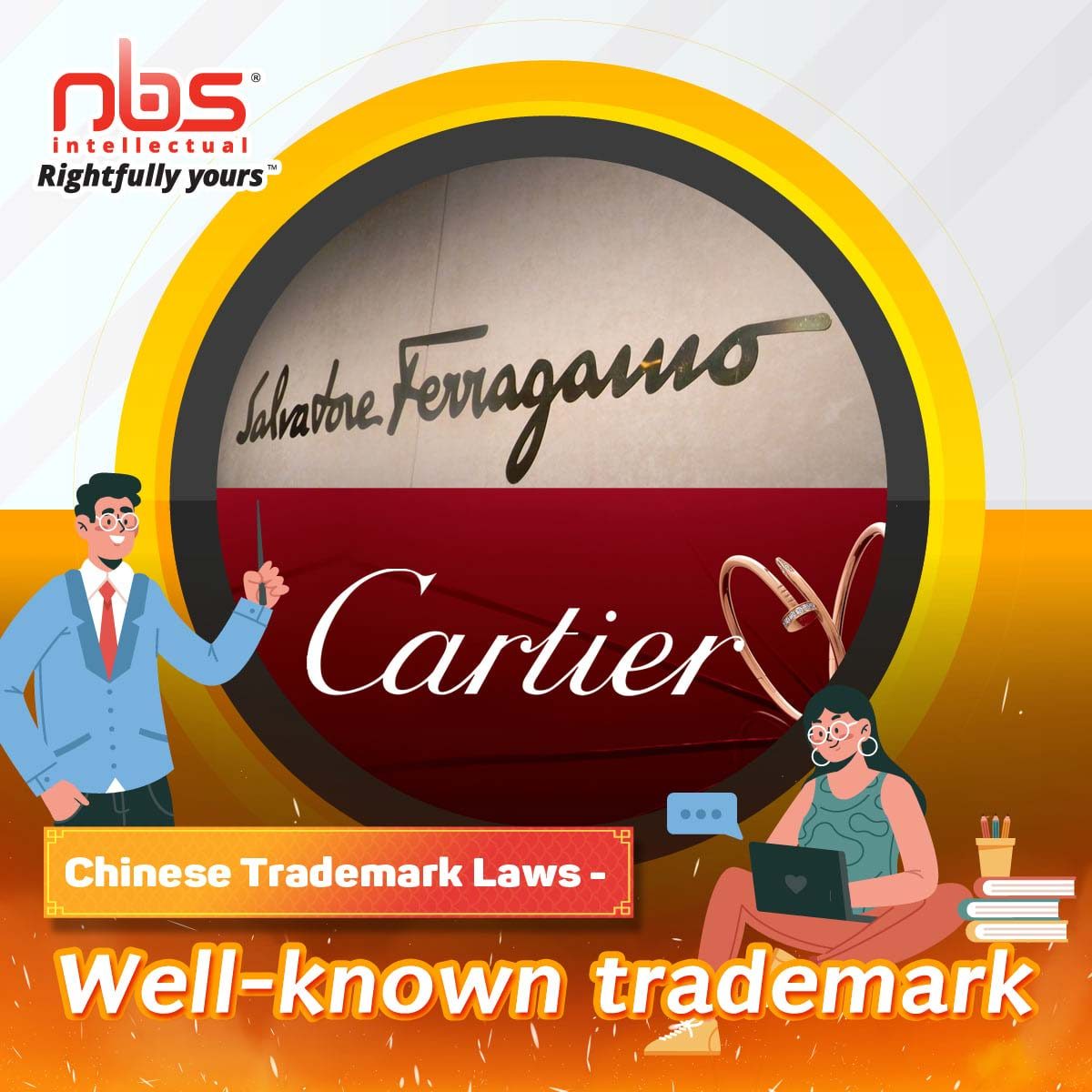Art. 13 of the Trademark Law foresees different rights according to whether or not the well-known trademark is registered in the class in which it is well-known.
If it is not registered in the class in which it is well-known, the trademark shall be protected anyway. This rule in Art. 13.1 is probably the biggest exception in the Chinese Trademark Law to the principle of “first to file.”In practice, such big exceptions happen very rarely, indeed it is rare that a trademark is well-known and not filed for registration in the class of products/services for which it is well-known.More common is the circumstance provided for in the second paragraph of Art. 13. This is when a well-known trademark is registered for the products for which it is well-known. Such registered and well-known trademarks have the power to be protected across classes. This is also the case for products and services which are not registered.
Salvatore Ferragamo S.p.A., an Italian luxury goods company and owner of several trademarks including or consisting of these two words, obtained recognition for its trademark No. G668383 as well-known and the invalidation of the trademark Ferragamo (stylised word)” in Class 11 for “lighting equipment and devices etc.”
Cartier, the French jewellery company, in the light of the strong distinctiveness of “Cartier/卡地亚” and its well-known trademark status, obtained protection against bathroom products using the identical trademark “Cartier/卡地亚” as the series name [(2014) Zhe Zhi Zhong Zi No.11].
It is important to make one last remark on well-known trademarks. To enjoy the special rights granted by Art. 13 , the brand must have a reputation in China. It can be created in China or also abroad, but Chinese consumers must be aware of the trademark.
Source: https://www.managingip.com/article/b1l3x5dzq79tq8/how-does-chinese-trademark-law-deal-with-bad-faith







Comments are closed.